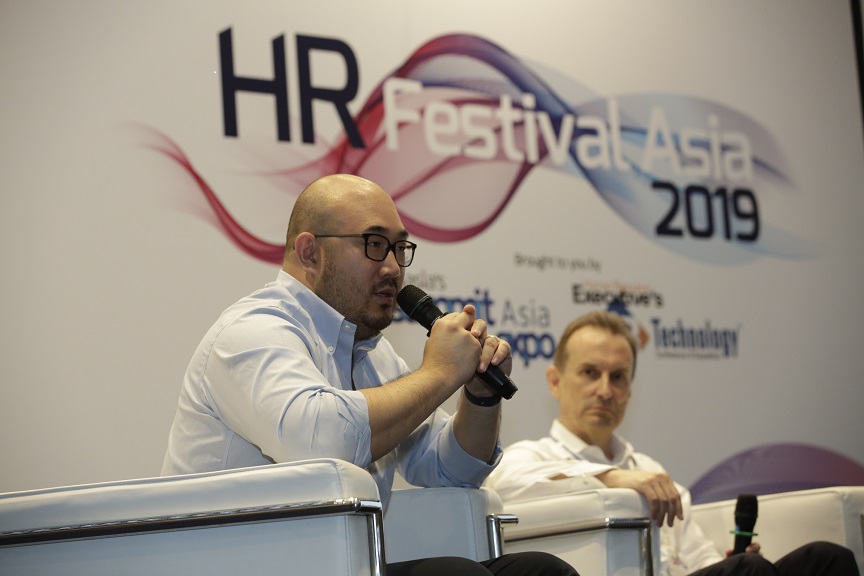To rate or not to rate, that is the question
- Kelvin Ong


The first-ever HR Festival Asia, brought to you by the combined experience of HR Technology Conference & Exposition (US) and HR Summit (Asia), takes over the Suntec Singapore Convention & Exhibition Centre on May 8 and 9. With a line-up of more than 100 speakers across six dedicated streams, and an Expo Hall with more than 100 exhibitors, there’s a little something for everyone at the event. Check out our HR Festival Asia tag for more coverage direct from the event. |
To do away with performance ratings or to keep using them, that was the question posed to panelists at the Recruit and Engage stream, powered by Indeed, on Day One of HR Festival Asia.
With more companies eliminating performance ratings than ever before, the value of points-based systems continues to be debated by HR and business leaders alike, and it looks like the jury is still out on the matter.
Music streaming service Spotify ‘s Head of HR in Asia-Pacific Michael Kim said the traditional performance review process was a “time-suck”. Four years ago, the company decided to adopt a “rating-less” system, and a “development-more” perspective.
“We re-looked at performance management, and we found that it was outdated, didn’t motivate employees, and was a waste of time. So why were we doing it?,” he asked.
“We decided instead to focus on the development of our people, and the development of a new mindset and culture of growth.”
The move has paid off for Spotify, but Kim warned that there has to be a strong foundation of trust, autonomy, and accountability in place first, in order for a ratings-free system to work.
For Schneider Electric, a company that is considerably larger, the sweet spot is more of a grey area. So said Peter Wood its Vice President of Talent Management and Global HR.
“It’s less a matter of A or B, but A and B,” he said. Wood was referring to an approach that utilises elements from both traditional and modern performance review processes.
While he agrees with Kim that the old system has many limitations, he believes that technology cannot “be a substitute for skills and the human element”.
“My pitch is to have both continuous feedback and end-of-year reviews. It should be a combination system because there are advantages from having each,” Wood added.






